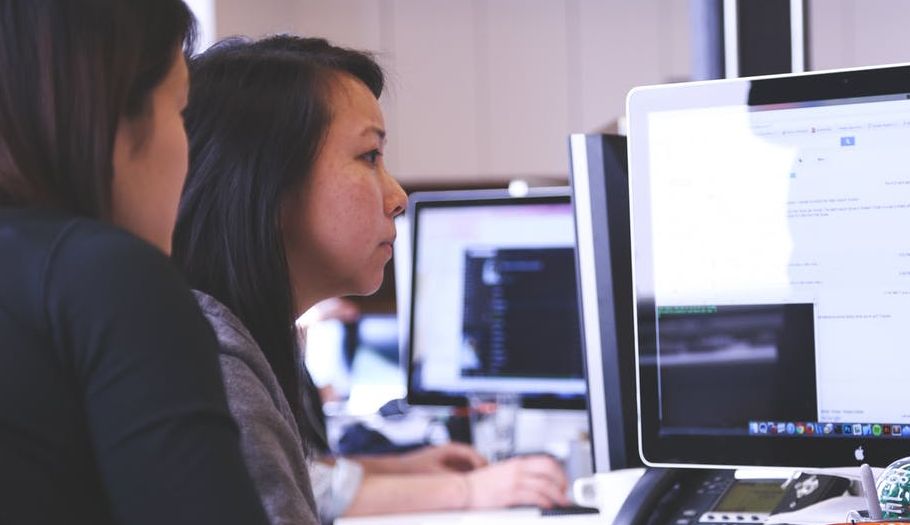By Fiona Nott
Despite its cosmopolitan veneer, Hong Kong is not a welcoming city for women, working women or working mothers.
Only 55% of women in Hong Kong are in the workforce, lagging behind mainland China, Japan and Singapore. This isn’t surprising. Entrenched gender biases, social and familial pressures for women to be primary carers, and the lack of work-life balance are among reasons why women don’t stay in the workforce. Women are over represented in casual, part time or low status full-time jobs, meaning they likely lack the social security protections and benefits of full time and higher status roles.

Women now surpass male university graduates at 53% and are entering into the workforce in equal numbers as men, but they are not progressing into positions of influence and leadership at the same rates. Only 29% of management roles in Hong Kong belong to women, lagging behind our regional neighbours of Australia, Malaysia, mainland China and Singapore. The percentage is even lower at the board level: women hold less than 14% of board seats at Hang Seng Index-listed companies. This is a shocking statistic for a city teeming with talented women and is lower than Australia, Malaysia and Singapore.
Why is Hong Kong lagging behind?
One reason is the challenge of motherhood on working women. In Hong Kong, new mothers currently get only 10 weeks of maternity leave – although the government is proposing to raise it to 14 weeks. However, this is still less generous than neighbouring Singapore or Australia.
In addition to inadequate statutory leave policies, employers are not welcoming to mothers. More than half of employers in the city say they prefer not to hire women with children. This motherhood penalty is a serious problem for Hong Kong and this finding should shock our city into action. Affordable and accessible child care and elder care options are sorely lacking in Hong Kong and represent a significant barrier to employment for working mothers and informal carers, especially those earning lower incomes. We are glad to hear last week’s Budget address offered some measures of relief on this issue, but not nearly to the depth and scale that is needed.
Gender inequality in Hong Kong extends into home life, where ingrained gender roles are still apparent. Women perform 2.2 unpaid hours of household work every day, four times more than men, who do merely 36 minutes a day. Facing the dual demands at work and at home, many working women choose the latter: according to a Women’s Commission survey, about one-third of women who drop out of the workforce cite family care duties as the reason.

It is a fact that gender equity is good for business. Companies with more gender diversity yield better results. Gender equality is good for families and makes happier children. Equal distribution of household chores lead to more satisfying marriages and partnerships. Gender equity is good for economies: greater female workforce participation leads to increased GDP.
The theme for International Women’s Day 2019 is #BalanceForBetter. How do we achieve greater gender balance? It’s like riding a bicycle. In order to achieve balance we have to keep moving.
Let’s keep moving and work together to push for a more gender-balanced and equitable Hong Kong.
Fiona Nott is CEO of The Women’s Foundation.
